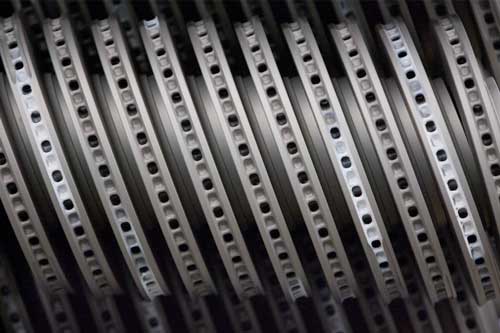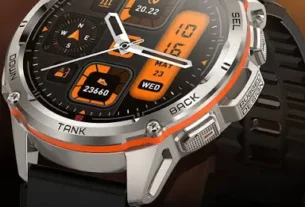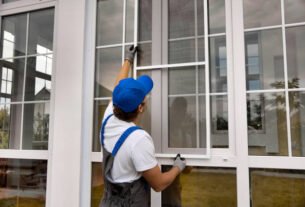Rotors serve as critical components in various mechanical systems, ranging from industrial machinery to aerospace applications. However, exposure to harsh environmental conditions and operational stresses can lead to corrosion, compromising rotor performance and longevity. Corrosion coating technologies offer an effective solution to protect rotors and extend their lifespan.
In this article, we’ll delve into the benefits of corrosion coating on rotors, exploring how this protective layer goes beyond the surface to enhance durability and reliability.
1. Corrosion Prevention
One of the primary benefits of corrosion coating on rotors is its ability to prevent corrosion damage. Rotors are often subjected to corrosive elements such as moisture, chemicals, and airborne contaminants, which can lead to surface degradation over time.
Corrosion coatings on rotors form a protective barrier that shields the surface from these corrosive agents, preventing oxidation and rust formation.
2. Extended Lifespan
By mitigating the effects of corrosion, coating technologies contribute to the extended lifespan of rotors. A well-applied corrosion coating can significantly slow down the rate of deterioration, allowing rotors to remain in service for longer periods without the need for frequent replacements or repairs. This not only reduces maintenance costs but also enhances operational reliability and uptime.
3. Enhanced Performance
Corrosion-coated rotors exhibit improved performance characteristics compared to untreated counterparts. The protective coating reduces surface roughness and friction, leading to smoother operation and reduced wear.
This results in more efficient energy transfer, reduced heat generation, and improved overall performance of the mechanical system in which the rotor is employed.
4. Resistance to Environmental Factors
Rotors are often exposed to a wide range of environmental factors that can accelerate corrosion, such as humidity, temperature fluctuations, and exposure to chemicals. Corrosion coatings provide resistance against these environmental stresses, maintaining rotor integrity even in challenging operating conditions.
This ensures consistent performance and durability, regardless of the environmental challenges faced.
5. Compatibility with Different Materials
Corrosion coating technologies are compatible with various rotor materials, including steel, aluminum, titanium, and composites. This versatility allows for the application of protective coatings across a wide range of rotor types and applications, ensuring comprehensive corrosion protection regardless of material composition.
Whether used in aerospace, automotive, or industrial applications, corrosion coatings can be tailored to suit specific material requirements.
6. Cost Savings
Investing in corrosion coating for rotors can result in significant cost savings over the long term. By extending rotor lifespan and reducing maintenance requirements, coating technologies help minimize downtime and repair costs associated with corrosion-related issues.
Additionally, the enhanced performance and reliability of corrosion-coated rotors contribute to improved operational efficiency and productivity, further enhancing cost-effectiveness.
Conclusion
Corrosion coating technologies offer a multitude of benefits for rotors, ranging from corrosion prevention and extended lifespan to enhanced performance and cost savings. By providing a protective barrier against environmental factors and operational stresses, corrosion coatings ensure the durability and reliability of rotors in diverse applications.
Whether used in aerospace, automotive, or industrial settings, corrosion-coated rotors play a vital role in maintaining operational efficiency and longevity, making them indispensable components in modern mechanical systems.




